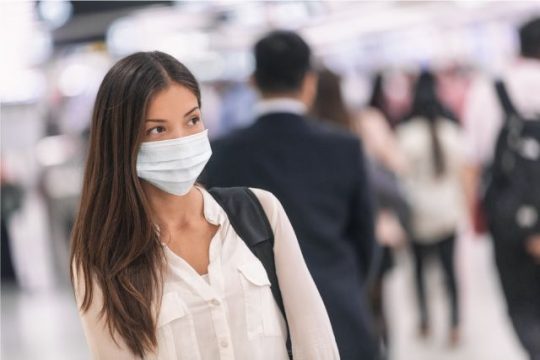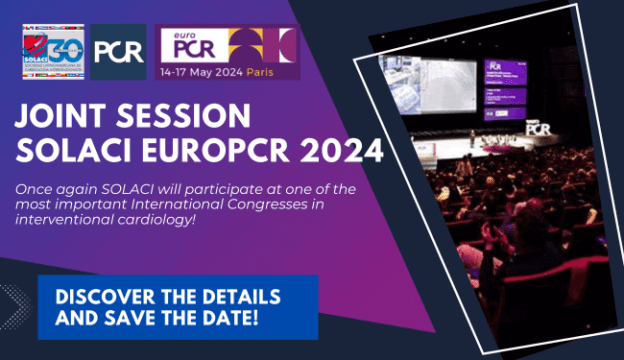The NEJM has published the efficacy of the COVID-19 vaccine developed by Pfizer and BioNTech, featuring slight differences in the age of enrollment and endpoint definitions compared with other vaccines.

Similarly to Moderna‘s, this vaccine is composed of a lipid nanoparticle with modified RNA that encodes a spike glycoprotein covering the surface, modified by two proline mutations to lock it in the prefusion conformation.
This blind, placebo-controlled trial was conducted among participants over the age of 16 (as opposed to participants in other vaccine trials, who were older than 18 years old), who were randomized 1:1 to receive two injections, 21 days apart, of either the BNT162b2 vaccine (30 μg per dose) or a placebo.
Participants could be healthy or have stable chronic medical conditions, including but not limited to human immunodeficiency virus (HIV), hepatitis B, or C virus infection. Only patients with a history of COVID-19 or an immunocompromising condition were excluded.
The efficacy endpoint was laboratory confirmation of COVID-19 infection and the vaccine’s safety.
Read also: Efficacy of the Moderna COVID-19 Vaccine.
A total of 43,548 participants (21,720 who received the vaccine and 21,728 who received the placebo) from 152 centers (130 in the United States, 1 in Argentina, 2 in Brazil, 4 in South Africa, 6 in Germany, and 9 in Turkey) took part in the trial.
There were 8 cases of COVID-19 at least 7 days after the second dose (in other trials, cases were observed 14 days after) among participants who received the vaccine, as opposed to 162 cases among those who received a placebo.
Therefore, the vaccine was 95% effective in preventing COVID-19.
Similar efficacy (90-100%) was observed across the various subgroups: elderly population, by gender, by race, obese patients, and patients with comorbidities.
Read also: Efficacy of AstraZeneca’s Vaccine against COVID-19.
There were 10 cases of COVID-19 after the first dose: 9 among those who received a placebo and just one in the vaccine group.
The infection curves began to diverge as of 12 days after the first dose, signaling at least one partial protective effect from baseline. While the trial did not aim at assessing the efficacy of just one dose, a 52% efficacy can be observed after the first dose of the vaccine and a 91% efficacy, 7 days after the second dose.
The vaccine’s safety was excellent; the only reported events were mild-to-moderate pain at the injection site, fatigue, and headache. The incidence of serious events was low and similar between the vaccine and placebo groups.
Conclusion
A two-dose regimen of the BNT162b2 (Pfizer-BioNTech) vaccine conferred a 95% protection against COVID-19 in people over the age of 16. Safety at 2 months was similar to that of other viral vaccines.
Original Title: Safety and Efficacy of the BNT162b2 mRNA COVID-19 Vaccine.
Reference: Fernando P. Polack et al. N Engl J Med 2020;383:2603-15. DOI: 10.1056/NEJMoa2034577.
Subscribe to our weekly newsletter
Get the latest scientific articles on interventional cardiology





